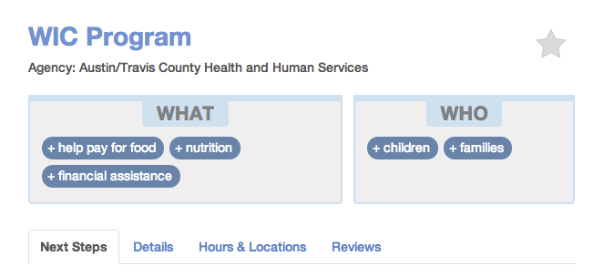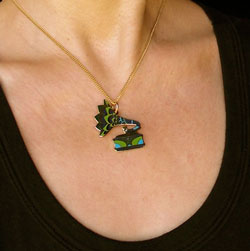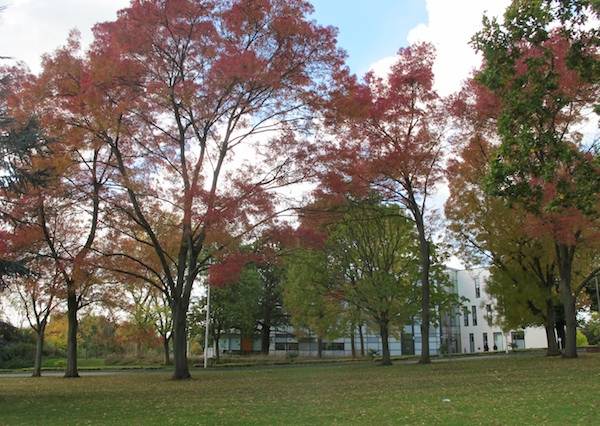[written in collaboration with Erine A. Gray, founder, Aunt Bertha and the Open Eligibility Project]
Text-based search is powerful. However, as more and more information is digitized and made available on the internet, the effectiveness of text-based search could stand to be supplemented with other technologies.
 Aunt Bertha, an Austin, TX–based B Corporation, focuses on helping people to find government and charitable human service programs on the web. In the United States, there are 89,000 governments, a million charities, and more than three hundred thousand congregations. Many of these organizations provide food, health, housing, or education programs to those who need it (the “Seekers”). Aunt Bertha’s goal is to index all these programs so that the Seekers can find help in seconds.
Aunt Bertha, an Austin, TX–based B Corporation, focuses on helping people to find government and charitable human service programs on the web. In the United States, there are 89,000 governments, a million charities, and more than three hundred thousand congregations. Many of these organizations provide food, health, housing, or education programs to those who need it (the “Seekers”). Aunt Bertha’s goal is to index all these programs so that the Seekers can find help in seconds.
Launched in the fall of 2010, Aunt Bertha founders learned something very interesting early on. In a medium-sized city, a Seeker can have at least 500 government and charitable programs to choose from. The user experience designer must ensure that the Seekers can easily find the program that fits their need, a task that’s harder than it might seem: not only are the Seekers are multi-faceted and complex; so are the programs that serve them. A common language that described both the Seekers and the available human services would go a long way to help as text-based search alone would not work. Enter the Open Eligibility Project.
 Realizing that other organizations were facing the same problem — and that there had been attempts at categorizing these types of programs before, but the terms and methodologies used were full of bureaucratic jargon — the Open Eligibility Project set out to simplify the taxonomy, the terms that describe human services.
Realizing that other organizations were facing the same problem — and that there had been attempts at categorizing these types of programs before, but the terms and methodologies used were full of bureaucratic jargon — the Open Eligibility Project set out to simplify the taxonomy, the terms that describe human services.
There are two important facets to human services taxonomy: Human Services and Human Situations. Human Services are simply the services provided by the organization—examples include clothes for school, computer classes and counseling. Human Situations are simply the attributes of the Seeker—for examples, mothers, ex-offenders or veterans. Here is one example of the use of this taxonomy on Aunt Bertha:

It is not always easy to find the balance between comprehensiveness and ease-of-use. For this project to be successful, a tension should always exist between these two goals. Lean too far one way and it becomes suitable only for the policy wonks. Lean the other way, and it loses specificity and the Seekers can not find what they are seeking.
Since launching the Open Eligibility Project, there has been some interesting traction in the area of human services taxonomy. Just this year, a new Civic Services Schema was submitted and accepted by Schema.org. The ServiceAudience field of the spec, in particular, is a great fit for Open Eligibility’s Human Situations tags. If government agencies adopt this spec, it will make their programs more findable by people who fit those situations (ex: programs for veterans, programs for foster children, etc.).
What’s Next
Aunt Bertha seeded the Open Eligibility Project with all of the types of services and situations listed on Aunt Bertha. But, there are more out there though, and help from others would make the taxonomy even better. That is why the founders were attracted to Creative Commons, and decided to release the taxonomy on Github under a CC BY-SA 3.0 license. Hackers, coders, and those concerned generally with human services are invited to join the Google+ community, and to contribute to the project on the Github page, or to connect with Aunt Bertha on Facebook or Twitter.










